Does Epsom Salt Help with Pregnancy Swelling?
Written By Alecsa Stewart
Scientifically Reviewed by Daniel Chantigian
Swelling during pregnancy is completely normal. The fetus requires significant amounts of nutrients and fluids. Because of this, body water increases by up to 6 to 8 liters during this time, up to 60% of which is extracellular water. This can cause extra fluid build-up and uncomfortable swelling in the body and increase the demand on the circulatory system. While pregnant, women can experience a range of symptoms, including pregnancy edema, or swelling.
Caused both by poor peripheral circulation and/or an excess of fluid in the body, around 80% of women experience edema during pregnancy. Using magnesium sulfate (Epsom salt) in a foot soak or bath might help relieve edema symptoms while also helping relieve cramps and soreness.
Read on to find out how to use Epsom salt baths for pregnancy swelling, as well as other at-home remedies that can prevent or treat this condition.
Does Epsom Salt Help with Feet Swelling During Pregnancy?
Yes, Epsom salt foot soaks may help reduce foot swelling during pregnancy. Feet can swell because of poor circulation, fluid accumulation, and the pressure of gravity and the increased blood volume during this period. This has led to the medical term “pregnancy edema” - a condition that affects most women.
Epsom salt is magnesium sulfate - a chemical compound that, although it looks like salt and dissolves in water, is not connected to sodium. The magnesium in Epsom salt is known for multiple benefits. While there is limited research about how Epsom salt specifically affects swelling, some studies suggest that using Epsom salt in foot baths can improve edema during pregnancy.
Additionally, magnesium is incredibly important during pregnancy, and supplementation has been recommended by medical researchers to reduce pregnancy complications. One benefit of Epsom salt baths is that magnesium can be absorbed through the skin, but to reach the levels needed, one may need to take supplements. If you are pregnant, be sure to consult your doctor about essential supplements for a healthy pregnancy.
How Epsom Salt Can Help with Pregnancy Swelling
Magnesium (present in Epsom salt, which is the name for magnesium sulfate) is known for reducing inflammation and soothing aching muscles. Studies have found that magnesium can benefit you through the decrease in inflammation markers such as C-reactive protein and interleukin-6. However, this was through magnesium supplementation and not Epsom salt baths. Additionally, a 2021 study investigated the effects of foot exercises vs. Epsom salt soaks on reducing foot edema among pregnant women, showing that the magnesium from Epsom salt was more effective than exercises. One research study indicates that Epsom salt baths are effective at reducing swelling because warm baths improve circulation to the feet. Additionally, Epsom salt water is more dense than freshwater, which puts more pressure on the feet and legs when submerged. This suggests that your swelling may benefit more from Epsom salt baths than freshwater baths.
Added Benefits for Relaxation and Stress Relief
Magnesium is a key mineral involved in hundreds of biochemical processes in our bodies. It is an essential nervous system regulator and supports healthy muscles through protein formation, among other benefits. For pregnant women, it can be an effective stress reliever. It also helps reduce the risk of cramping - another likely challenge for expectant mothers.
Soothing your body with an Epsom salt soak can not only help reduce swelling and inflammation, but it also has benefits for your brain. The ritual nature of a relaxing bath helps you switch off from everyday concerns and activities. The weightlessness of the body floating in water helps you release stress as well as aches and pains in the joints and muscles. And you are also getting the benefit of elevating your legs and feet - simply by taking the pressure of your body weight off them after they’ve been carrying you all day.
How to Use Epsom Salt for Swelling During Pregnancy
Soak your feet in a basin of Epsom salt or go for a whole body plunge - whatever helps release tension and let you relax, while reducing the foot swelling. Here is how to do it.
Epsom Salt Baths
If your doctor advises that it is safe to take full-body baths, then you can use 2 cups of Epsom salt dissolved in warm water. Ensure that the water temperature is not very high, however: raising your own core temperature too much can be dangerous for the baby. Avoid hot tubs for that very reason.
Relax in your Epsom salt bath for 15-20 minutes, or however long feels good. You can repeat this as needed, especially after a long day on your feet to help you relax and recover.
Epsom Salt Foot Soaks
An easy remedy for swollen ankles and feet, Epsom salt foot soaks take little time to prepare and can have great benefits for your feet. Simply pour warm water in a small basin, mix in a cup of Epsom salt, and soak your feet. Ensure the water goes up to above your ankles so you are getting the benefits for swelling, while also soothing your aching joints.
Safety Considerations and When to Talk to Your Doctor
Soothing your extremities with a foot soak in magnesium sulfate water is perfectly safe in most cases and should not present any risks for a pregnant woman. However, it is important to be careful about how hot the water is, to avoid discomfort or harm to the fetus. A simple foot soak, where the warm water is deep enough that you can submerge your ankles, can relieve soreness and swelling, allowing you to relax and recharge.
However, if you are looking to take full advantage of the stress and soreness relief from a bath, you should check with your doctor to make sure that this is completely safe. Usually, pregnant women can take baths (with or without Epsom salts), if the temperature is not too high. You should keep your core temperature below 101 degrees Fahrenheit (38.3 Celsius), to avoid overheating, dizziness, and other side effects.
A 2019 study states that it is safe to bathe in water as warm as 104°F (40°C) during pregnancy, but we would strongly recommend that you check this with a medical professional first. You do not need to bathe in temperatures that hot to get the benefits of Epsom salt baths for pregnancy.
Complementary Ways to Manage Pregnancy Swelling
Pregnancy edema can be extremely uncomfortable, especially in the feet and lower legs. Swelling adds discomfort to already sore muscles and joints from carrying the added weight, as well as other symptoms including stress and digestive problems. Magnesium helps with this, but there are a few additional complementary natural therapies to consider, to boost your wellbeing.
Wear Compression Socks
One of the easiest ways to improve peripheral circulation and support your lower leg veins is wearing compression socks. Clinical studies have found that they prevent lower leg swelling to help you feel comfortable all day. They apply therapeutic pressure to the limbs, which stimulates blood flow to reduce swelling while taking some pressure off the lower legs throughout the day. Vim & Vigr graduated compression socks are designed to boost upwards blood flow, as they are tighter at the ankles and slowly release pressure upwards.
Many studies have proven the effectiveness of compression socks when it comes to improving circulation or reducing swelling for pregnant women (some even found they can be useful for improving nausea and reducing vomiting). Additionally, they are easy to wear and are safe to keep on all day (even sleep in them!). This makes them extremely versatile and likely to be used, as no one will know you are wearing compression garments, while you bring a pop of color to your outfits.
You can choose between classic knee-high socks to match any work or casual outfit, open-toe compression socks that work great with sandals in the summer, or more coverage from compression tights and leggings. They are perfect for working out, walking, sleeping, and helping you relax!
Movement and Elevation
Staying active isn’t just good for your mental health and overall wellbeing, research shows that simply walking can help avoid swelling while you’re pregnant. Take short walk breaks during your day, even if you are just walking around your office. While sitting, it is a good idea to flex your feet and rotate the ankles in both directions several times, at regular intervals.
Continue doing light exercise throughout your pregnancy, following advice from your doctor. Specific prenatal yoga classes will include stretches and balance exercises. Additionally, working out in the pool - whether swimming or just doing aqua aerobics or jogging - is great for getting blood flowing through the legs, strengthening your muscles, and reducing the likelihood of fluid building up in your ankles.
Finally, lift your legs up whenever you can. This facilitates blood flow back up towards the heart, while releasing pressure on the ankles and feet. It is important to have your feet above the heart when doing this- so prop them up on some cushions if you lie down on a couch, for example.
Pay Attention to Your Diet
Eating a healthy diet will improve your and your baby’s health. But there is more to it when it comes to swelling. Salty foods may increase your risk of edema because they increase water retention but eating leafy greens (like spinach) and whole grains gives you a good natural source of magnesium and other essential nutrients like calcium and iron. Other magnesium-rich foods include almonds, cashews, peanuts, black beans, edamame, avocado, and tofu.
Hydration is also important. Water helps prevent fluid build-up and can support your energy levels and help maintain healthy joints. Drink 8-10 glasses of water per day (but be aware that this varies depending on weather conditions, your weight, and more - so adjust as needed).
While pregnancy edema is a common occurrence, that does not mean that you cannot reduce the risk of swelling thanks to wearing compression socks, moving regularly, and having a healthy diet. Soothing your muscles and joints with regular Epsom salt baths is also extremely helpful. Soak your feet in an Epsom salt solution to reduce swelling and improve peripheral circulation, and put on your compression socks afterwards to continue to feel relaxed and soothed.
References
Davison J. M. (1997). Edema in pregnancy. Kidney international. Supplement, 59, S90–S96. Read it here.
Macwan, K. R., & Savaliya, P. K. (2021). Effectiveness of Foot Exercise and Epsom Salt Water on Reduction of Foot Oedema among Antenatal Mothers. Journal of Clinical and Diagnostic Research. 15(5), LC23-LC26. Read it here.
Mazidi, M., Rezaie, P., & Banach, M. (2018). Effect of magnesium supplements on serum C-reactive protein: a systematic review and meta-analysis. Archives of medical science: AMS, 14(4), 707–716. Read it here.
Mendoza, E., & Amsler, F. (2017). A randomized crossover trial on the effect of compression stockings on nausea and vomiting in early pregnancy. International journal of women's health, 9, 89–99. Read it here.
Ravanelli, N., Casasola, W., English, T., Edwards, K. M., & Jay, O. (2019). Heat stress and fetal risk. Environmental limits for exercise and passive heat stress during pregnancy: a systematic review with best evidence synthesis. British journal of sports medicine, 53(13), 799–805. Read it here.
Saliba-Júnior, O. A., Rollo, H. A., Saliba, O., & Sobreira, M. L. (2022). Positive perception and efficacy of compression stockings for prevention of lower limb edema in pregnant women. Jornal vascular brasileiro, 21, e20210101. Read it here.
Shadgan, B., Pakravan, A. H., Hoens, A., & Reid, W. D. (2018). Contrast Baths, Intramuscular Hemodynamics, and Oxygenation as Monitored by Near-Infrared Spectroscopy. Journal of athletic training, 53(8), 782–787. Read it here.
Smyth, R. M., Aflaifel, N., & Bamigboye, A. A. (2015). Interventions for varicose veins and leg oedema in pregnancy. The Cochrane database of systematic reviews, 2015(10), CD001066. Read it here.
Steward, C. J., Zhou, Y., Keane, G., Cook, M. D., Liu, Y., & Cullen, T. (2019). One week of magnesium supplementation lowers IL-6, muscle soreness and increases post-exercise blood glucose in response to downhill running. European journal of applied physiology, 119(11-12), 2617–2627. Read it here.
Zarean, E., & Tarjan, A. (2017). Effect of Magnesium Supplement on Pregnancy Outcomes: A Randomized Control Trial. Advanced biomedical research, 6, 109. Read it here.
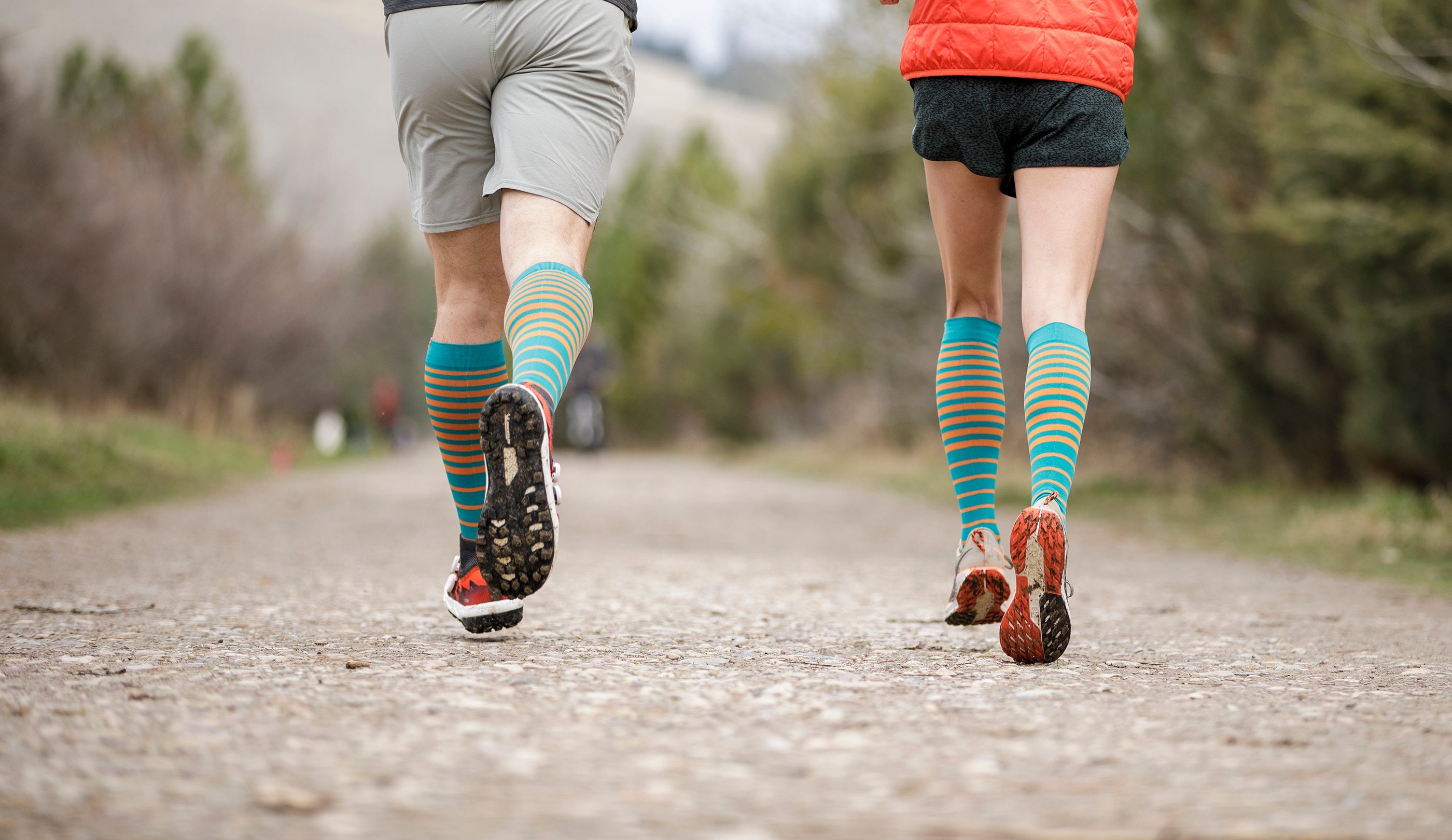
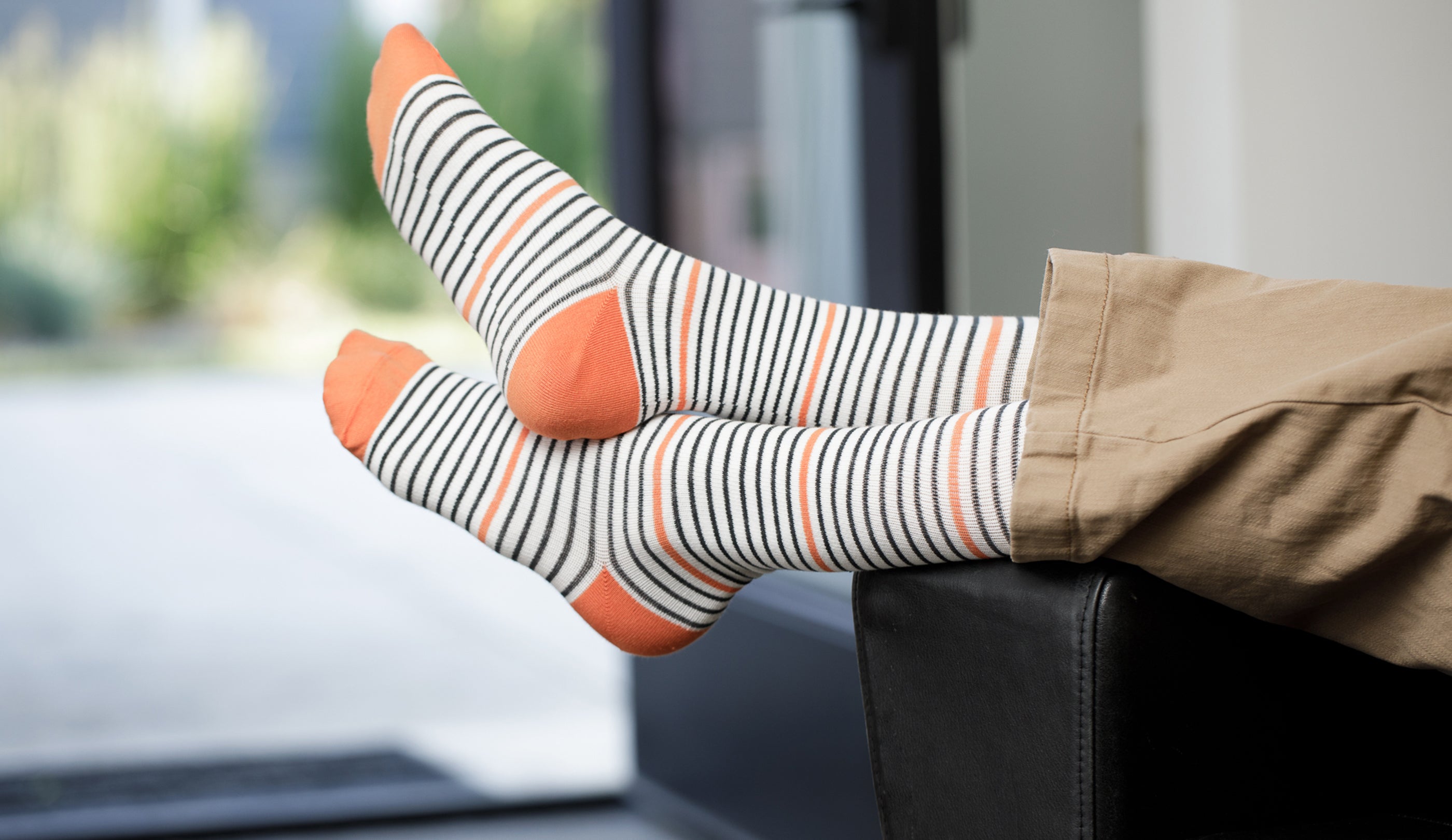
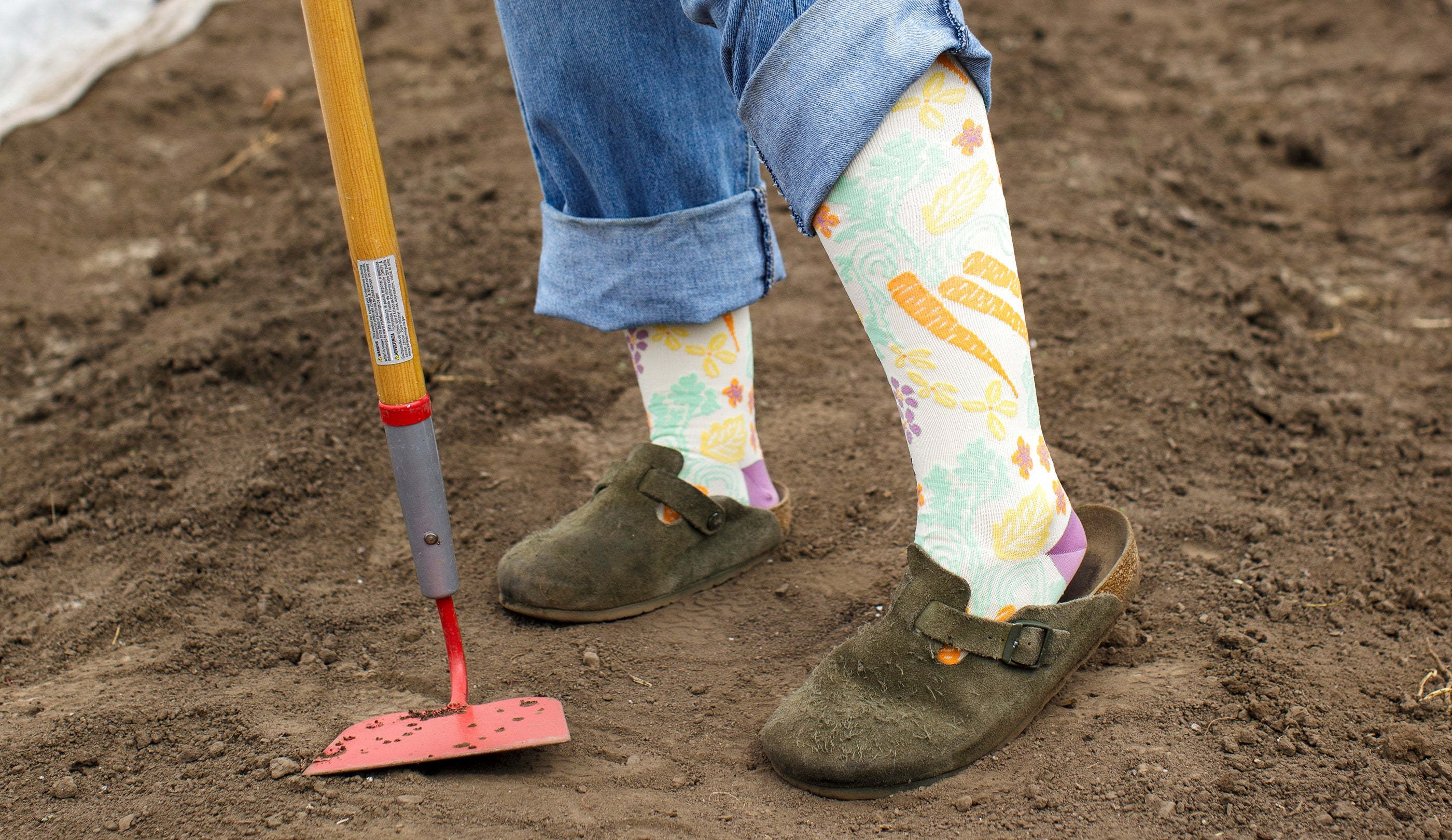
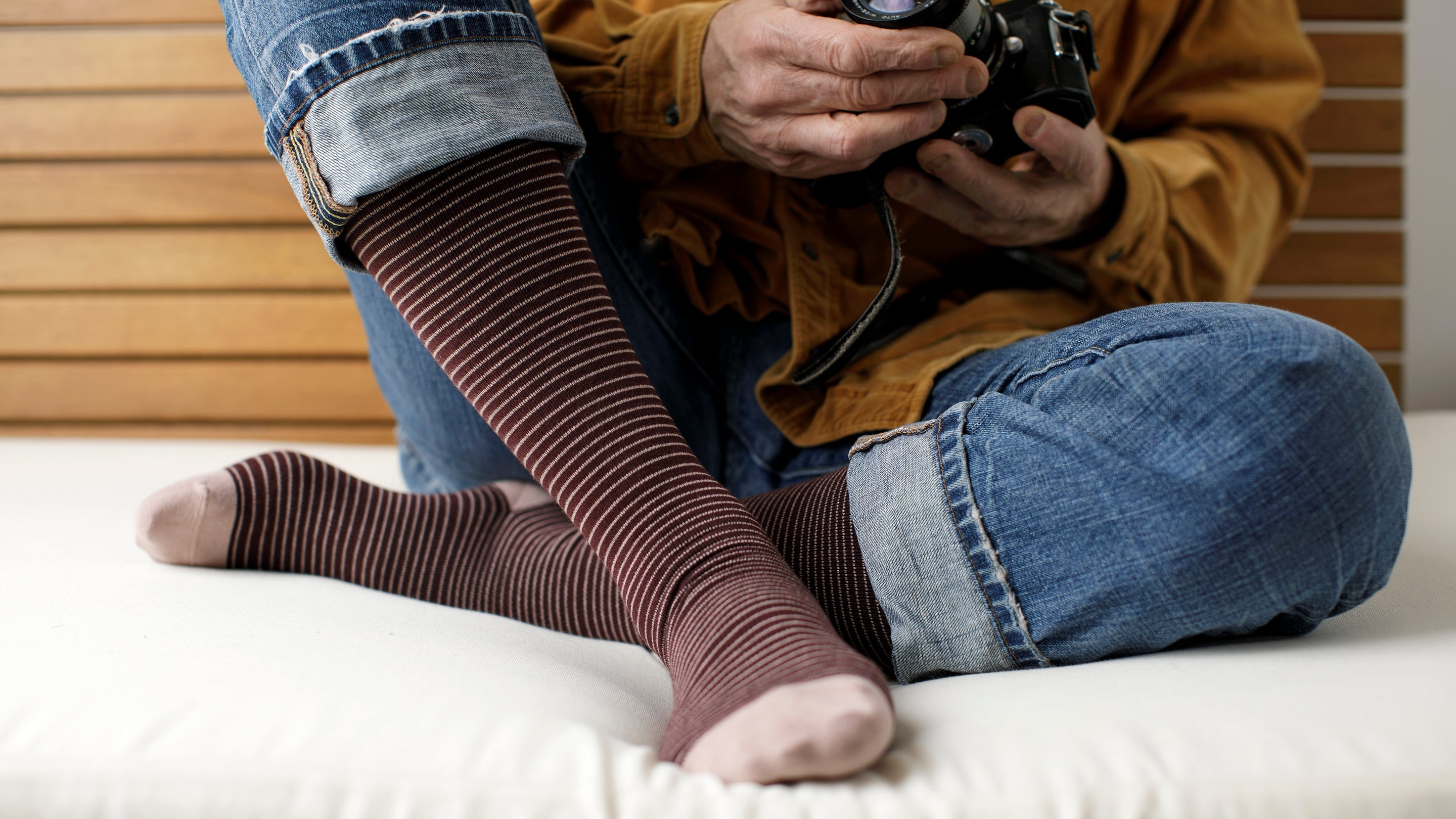





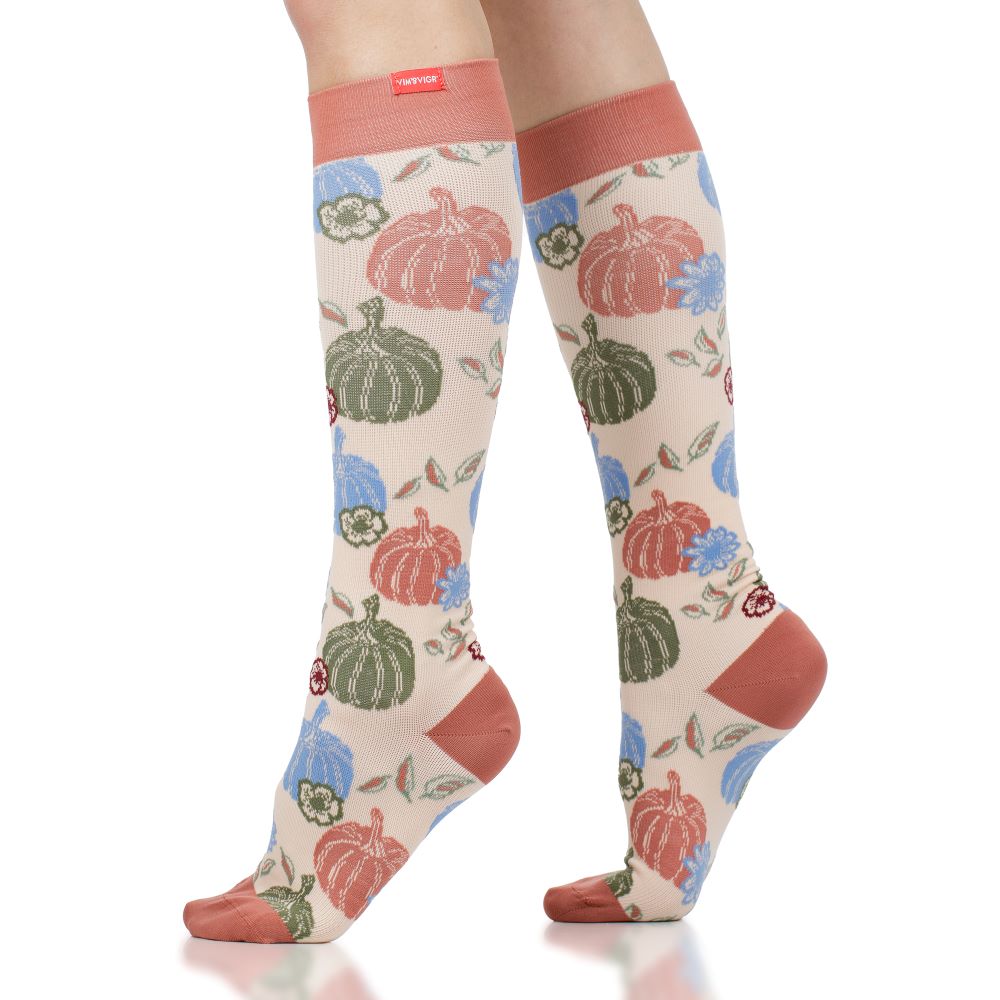
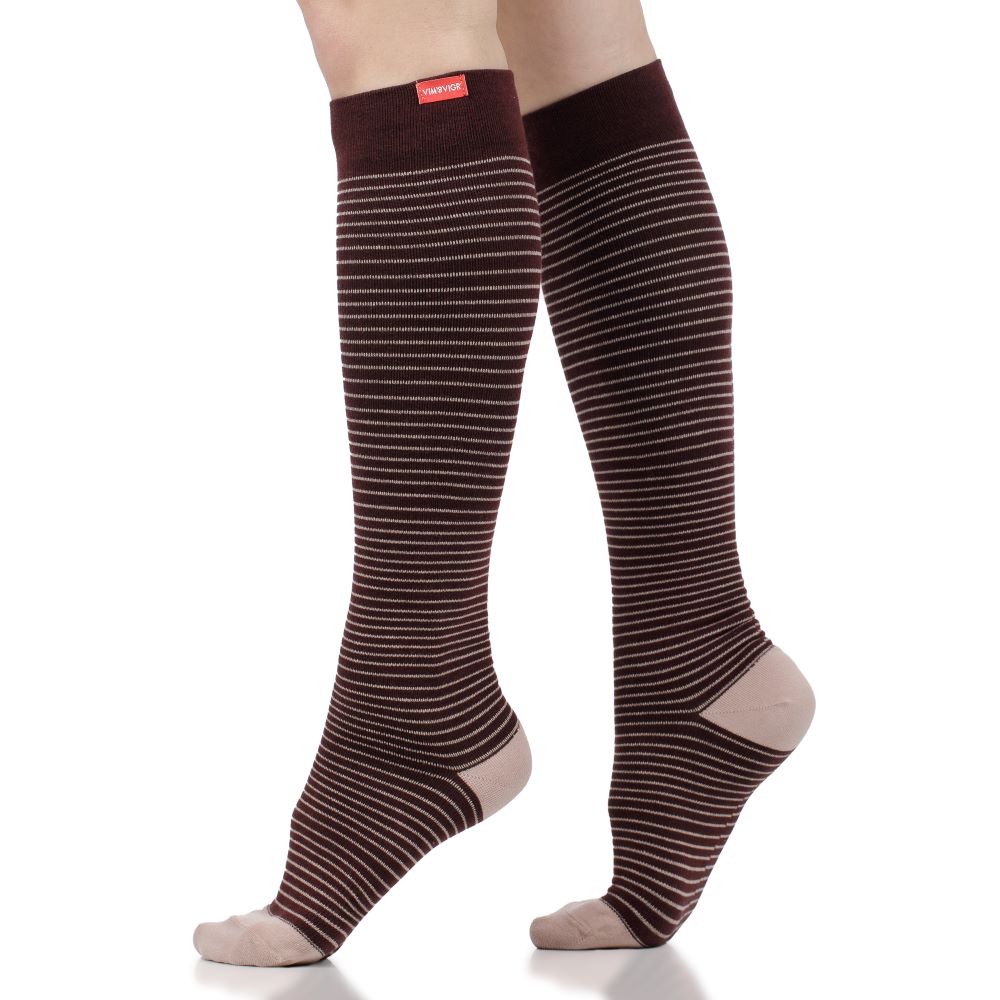
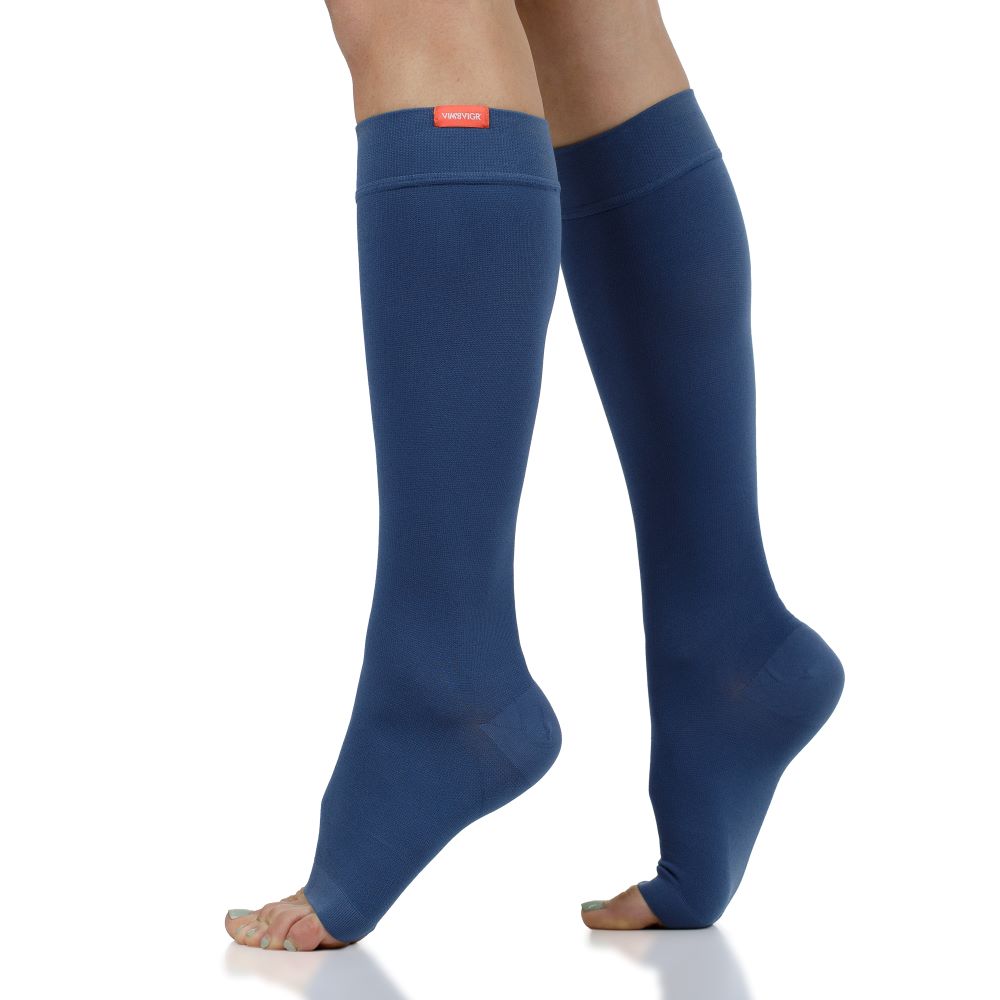




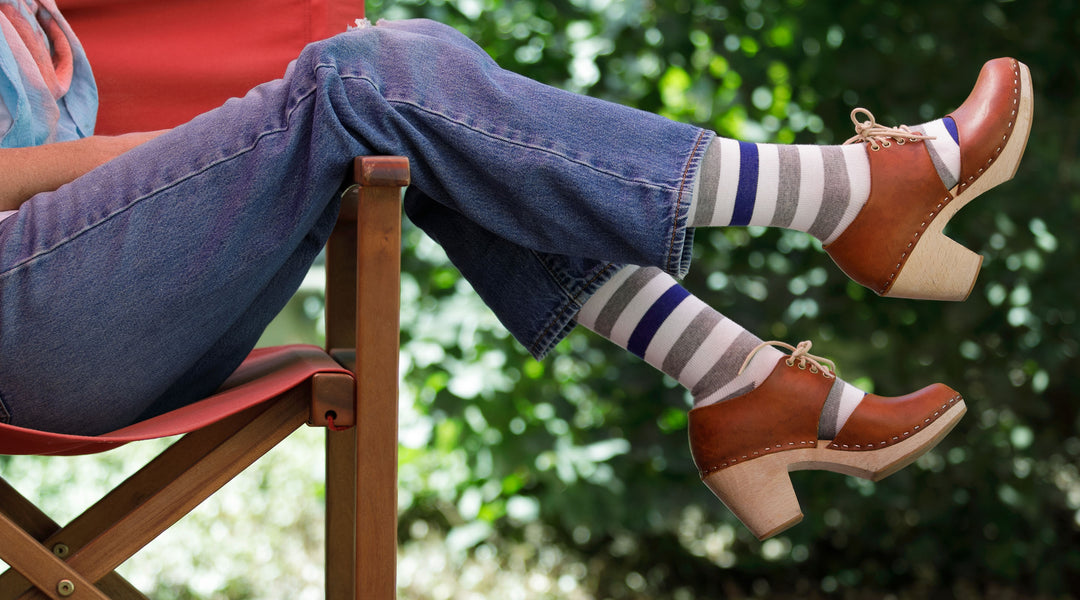
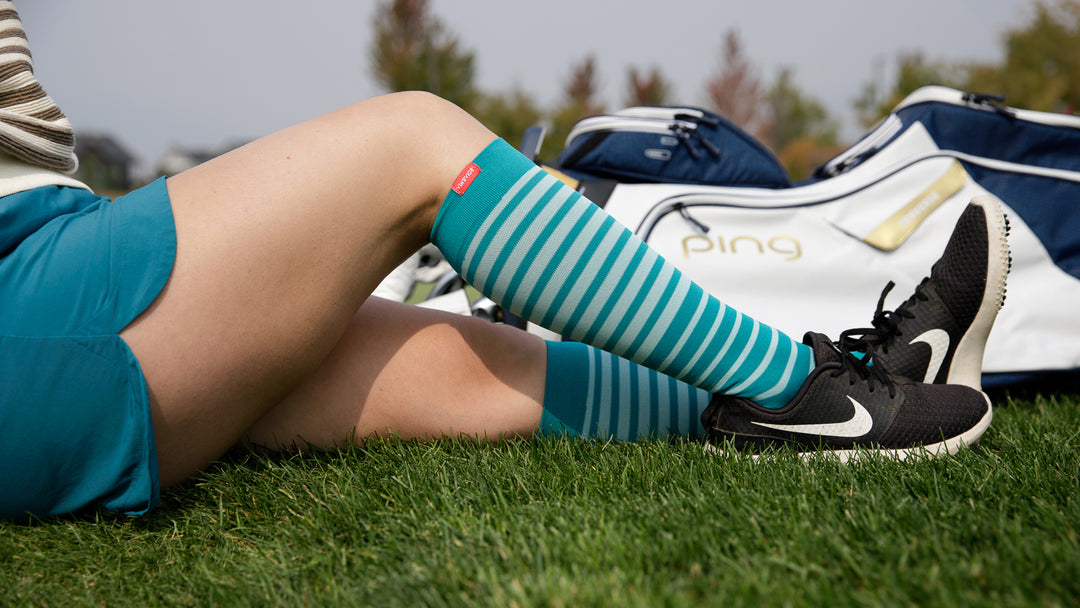
Leave a comment